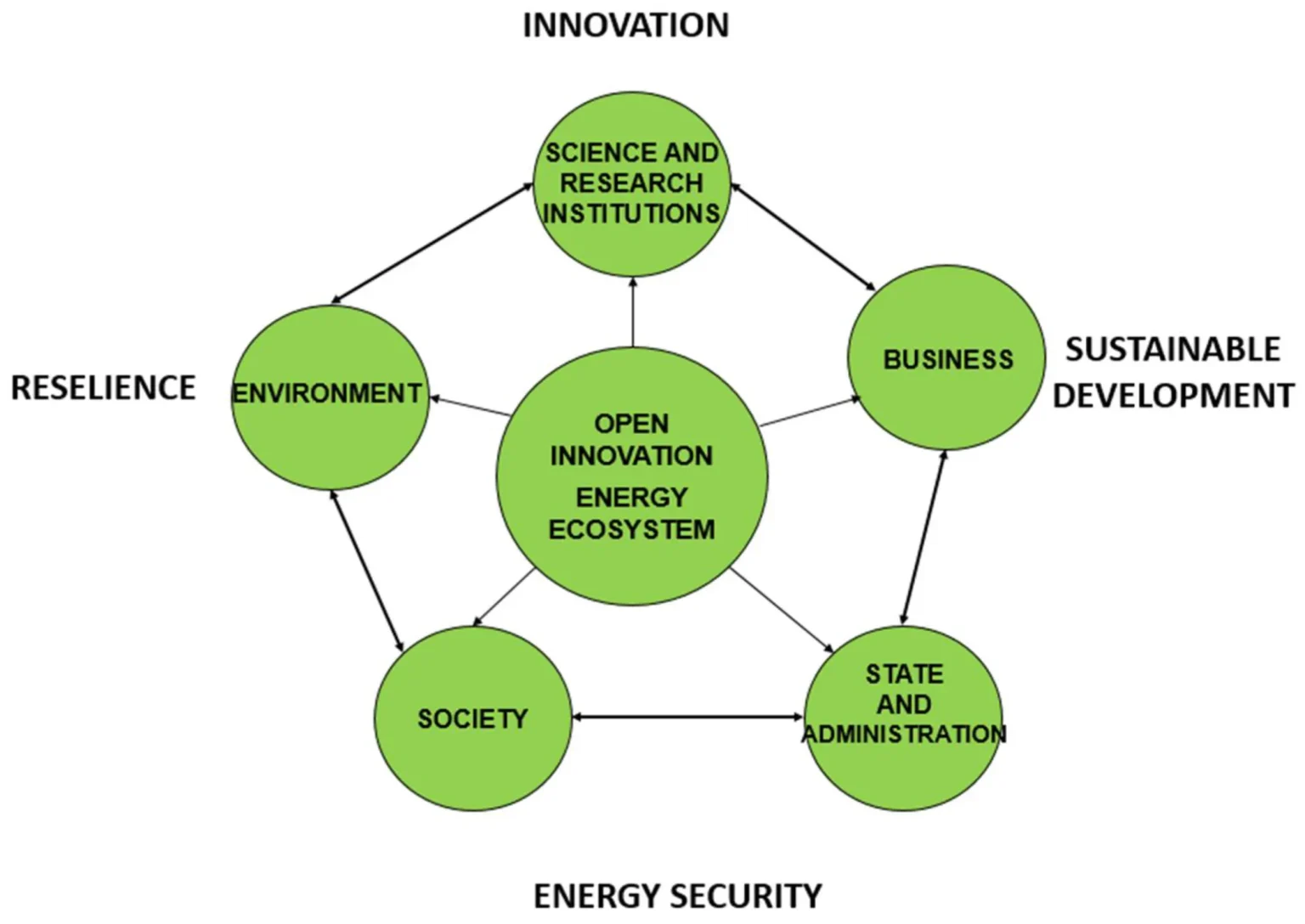Title: Beyond Listing: Why Exchanges Must Become Ecosystem Partners
In the ever-evolving landscape of cryptocurrency and blockchain, the role of exchanges extends far beyond their traditional functions. As digital currencies and blockchain technology gain mainstream acceptance, the responsibility of these platforms is increasing. Today, it isn’t just about listing various tokens and facilitating trading; exchanges are now expected to act as ecosystem partners that contribute towards sustainable growth and innovation in the crypto world.
The Evolution of Crypto Exchanges
Historically, crypto exchanges have been pivotal as access points to the cryptocurrency market, providing liquidity and enabling price discovery. They have acted as the gatekeepers of crypto assets, deciding which tokens get listed and thus which projects gain visibility and user adoption. However, as the industry matures, the role of these exchanges is undergoing a significant transformation.
The Shift Towards Ecosystem Partnership
-
Supporting Project Development: Modern exchanges are not just platforms where tokens are traded; they are becoming integrated service providers that support the entire lifecycle of blockchain projects. This involves offering services such as incubation programs, technical support, and even funding for promising projects. By doing so, exchanges ensure that they foster innovation and growth within the ecosystem.
-
Educational Initiatives: As ecosystem partners, exchanges are also taking up the mantle in education and advocacy. They create educational content, organize seminars and workshops, and support research in blockchain technology. This helps in broadening the understanding and adoption of cryptocurrencies and blockchain across different sectors of society.
-
Regulatory Compliance and Advocacy: Exchanges are increasingly involved in shaping the regulatory landscape for cryptocurrencies. By collaborating with regulators and policymakers, they advocate for friendly policies that promote innovation while ensuring investor protection. This role is crucial in jurisdictions where regulatory uncertainty can stifle the growth of blockchain projects.
-
Promoting Interoperability: As ecosystem partners, exchanges are also working towards the interoperability of blockchain networks. This includes supporting cross-chain technologies and integrating different protocols. Such initiatives enhance the usability and functionality of digital assets, making them more accessible and valuable to a broader audience.
- Community Engagement: Exchanges are actively engaging with the community to better understand their needs and preferences. This can be seen in the way they involve community feedback in the listing process or in the governance of decentralized exchanges (DEXs). Community engagement helps in building trust and ensuring that the platform evolves in alignment with the needs of its users.
Case Studies
Several leading exchanges exemplify the role of ecosystem partners. Binance, for instance, runs Binance Labs, an incubator for blockchain projects, and Binance Academy, which offers educational resources. Similarly, Coinbase has been an advocate for crypto regulations and has provided educational blogs and resources to demystify crypto for new users.
The Way Forward
For exchanges, becoming ecosystem partners is not just beneficial but necessary. In a market that is becoming increasingly competitive, exchanges that can offer additional value—beyond mere trading—are more likely to thrive. Moreover, their active participation is crucial for the health and growth of the blockchain industry.
In conclusion, as the digital asset space matures, the transition of exchanges from passive trading platforms to active ecosystem partners reflects a broader shift in emphasis from speculative trading to substantial technological and social advancements in blockchain technology. This paradigm shift is essential for the sustainable development of the crypto industry and could very well dictate its success in the mainstream economy.








